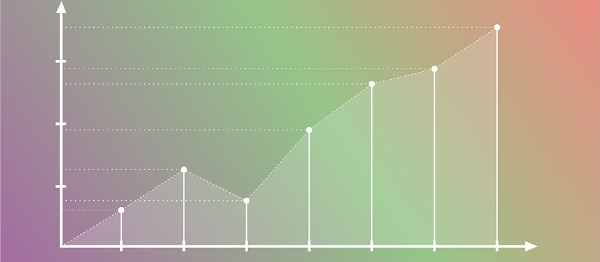Document Type
Article
Publication Date
8-30-2016
Publication Title
Statistics in Medicine
Volume
35
Issue
19
Abstract
Peers are often able to provide important additional information to supplement self-reported behavioral measures. The study motivating this work collected data on alcohol in a social network formed by college students living in a freshman dormitory. By using two imperfect sources of information (self-reported and peer-reported alcohol consumption), rather than solely self-reports or peer-reports, we are able to gain insight into alcohol consumption on both the population and the individual level, as well as information on the discrepancy of individual peer-reports. We develop a novel Bayesian comparative calibration model for continuous, count and binary outcomes that uses covariate information to characterize the joint distribution of both self and peer-reports on the network for estimating peer-reporting discrepancies in network surveys, and apply this to the data for fully Bayesian inference. We use this model to understand the effects of covariates on both drinking behavior and peer-reporting discrepancies.
First Page
3303
Last Page
3318
Recommended Citation
Ott, Miles Q.; Hogan, Joseph W.; Gile, Krista J.; Linkletter, Crystal; and Barnett, Nancy P., "Bayesian Peer Calibration with Application to Alcohol Use" (2016). Statistical and Data Sciences: Faculty Publications, Smith College, Northampton, MA.
https://scholarworks.smith.edu/sds_facpubs/13
Digital Object Identifier (DOI)
doi.org/10.1002/sim.6925
Rights
© the authors
Version
Author's Accepted Manuscript
Included in
Categorical Data Analysis Commons, Medicine and Health Sciences Commons, Other Mathematics Commons



Comments
NIH Public Access